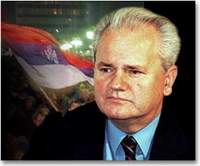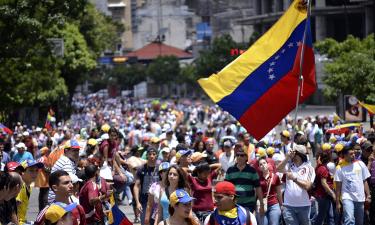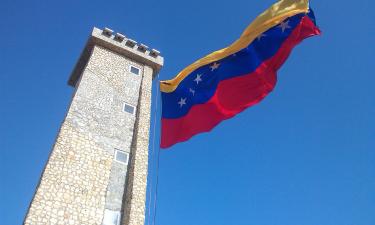Slobodan Milosevic’s death in his prison cell triggers rumours of murder
Slobodan Milosevic - branded the "butcher of the Balkans" for the wars that tore Yugoslavia apart in the 1990s - has been found dead in his cell, just months before his war crimes trial was expected to conclude.

"Milosevic was found lifeless on his bed in his cell," the UN war crimes tribunal in The Hague said in a statement.
The United Nations war crimes tribunal issued a statement that guards found Milosevic's body in his bed in the Hague. Dutch police and a coroner launched a formal probe.
Leaders in the region and in Western Europe lamented that Milosevic, 64, would never be convicted for his role in the break-up of Yugoslavia and the four wars in the region in the 1990s. His death also poses a setback in efforts by the United Nations and scholars to craft a definitive account of the wars.
In poor health for a number of years, Milosevic had a heart condition and high blood pressure, which together caused long delays in his war crimes trial here on charges of genocide and war crimes in Yugoslavia, Bosnia, Croatia and Kosovo.
Former Yugoslav leader Slobodan Milosevic feared he was being poisoned in his detention cell in The Hague, his lawyer Zdenko Tomanovic said on Saturday hours after the tribunal announced Milosevic's death.
"Today, I have filed an official request to the tribunal to have the autopsy carried out in Moscow, having in mind his claims yesterday that he was being poisoned in the jail," Tomanovic told reporters in The Hague.
Carla del Ponte, chief prosecutor at UN war crimes tribunal:
"I regret deeply what happened, first of all because, after more than three years of trials, we are reaching the end of the trials by the beginning of this summer and I think...that it is regrettable for all witnesses, for all survivors, for all victims that are expecting justice.
"But we must expect now the result of the autopsy to see what is the cause of death. It will be much more clear in the next days."
EU Presidency:
"This does not change or alter in any way the need to come to terms with the past, with the legacy of which Slobodan Milosevic has been a part," said Ursula Plassnik, foreign minister of Austria, which holds the rotating EU chair.
"This will be one of the big challenges ahead for the region in order to reach what is the ultimate goal we are all working on, and this is lasting peace and reconciliation."
For more than a decade as Yugoslavia tore itself apart, Milosevic was more than just another political leader. He both voiced and moulded the rise of Serbian nationalism and used the Yugoslav national army and its proxy forces to carve out a ‘Greater Serbia’.
No matter that he lost four wars and ended up as president of a pariah state. No matter that ‘Greater Serbia’ was foiled. Milosevic always managed to turn military defeat into a personal political victory, for he could persuade Serbs that he had done it for them.
Source: agencies
Subscribe to Pravda.Ru Telegram channel, Facebook, RSS!




